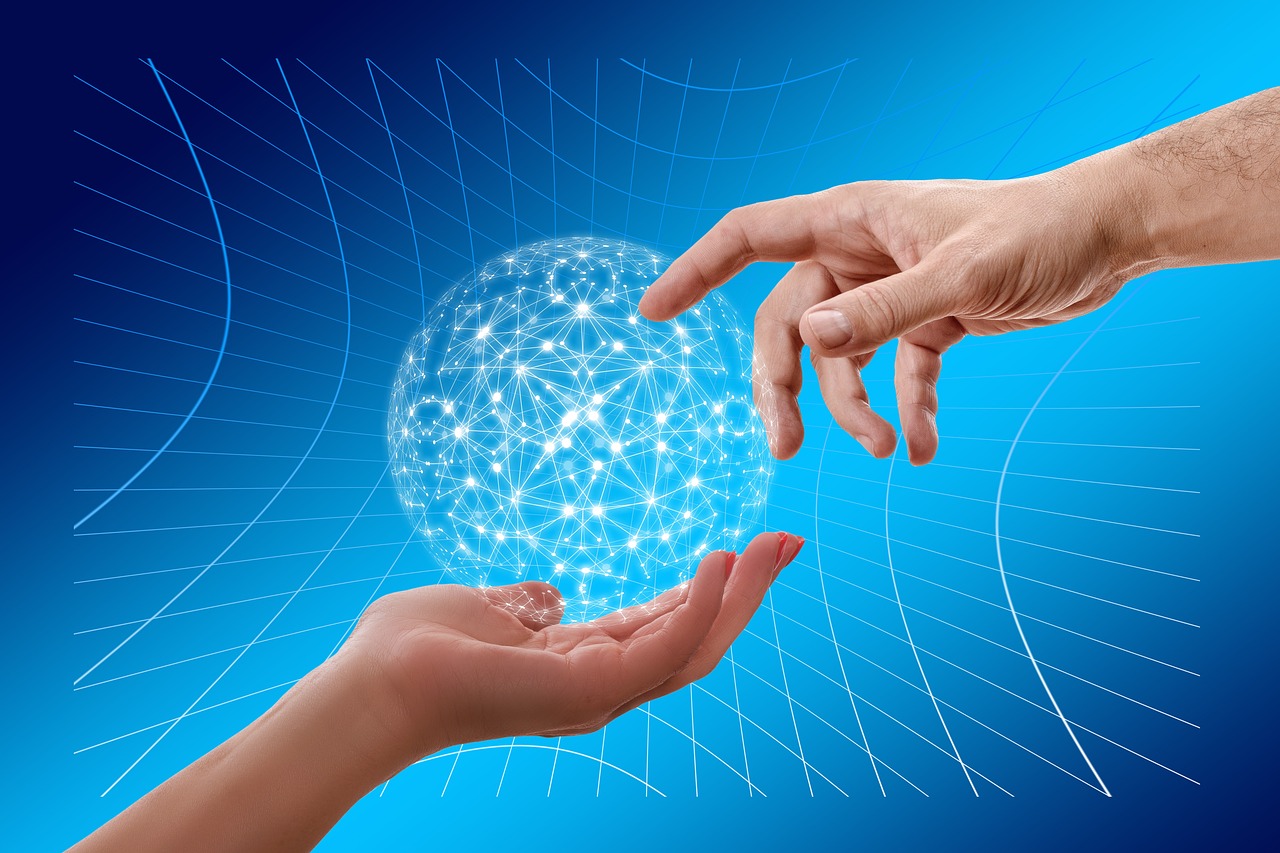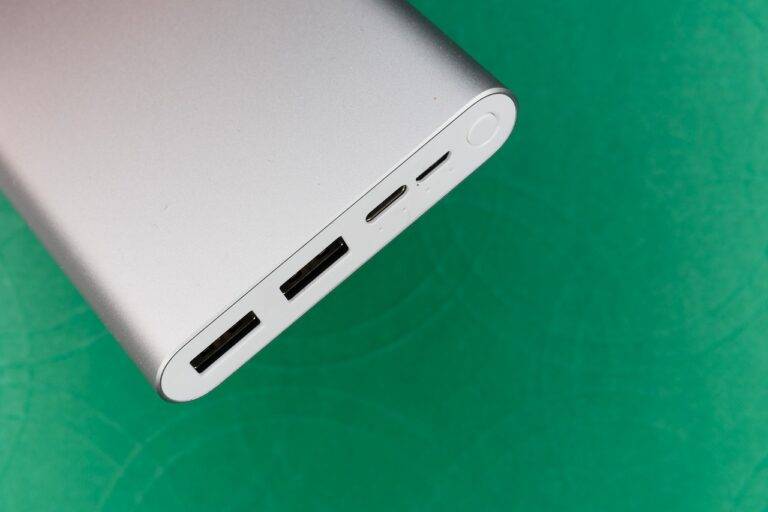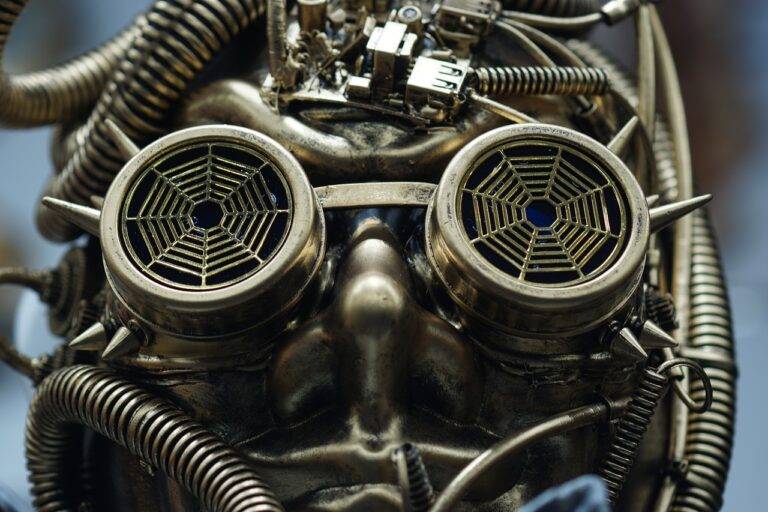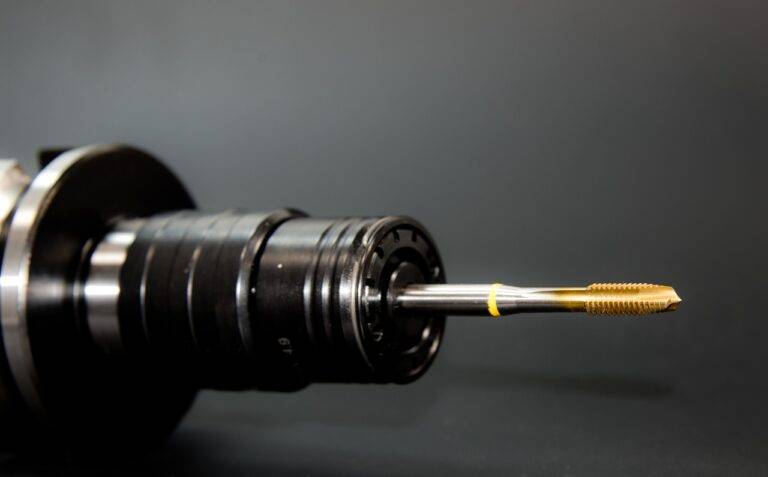The Role of Tech in Reducing Energy Consumption
There are several key technologies that play a crucial role in enhancing energy efficiency in modern homes. One such technology is LED lighting, which consumes significantly less energy compared to traditional incandescent bulbs. By switching to LED lighting, homeowners can reduce their electricity consumption and lower their energy bills.
Another important technology for energy efficiency is smart meters, which provide real-time data on energy usage. This allows consumers to monitor their energy consumption patterns and make informed decisions on how to reduce waste. Smart meters also enable utility companies to implement demand-response programs and peak-load management strategies, leading to a more efficient use of electricity.
Smart Thermostats and Home Automation
Smart thermostats are revolutionizing the way we control the temperature in our homes. With the ability to learn your schedule and preferences, these devices can automatically adjust the temperature to maximize comfort and energy efficiency. Through smartphone apps, users can remotely monitor and adjust their thermostat settings, giving them greater control over their home environment.
Home automation systems further enhance energy efficiency by allowing for the integration of smart thermostats with other devices and appliances. By connecting various components of the home, such as lighting, blinds, and security systems, homeowners can create customized schedules and settings to minimize energy consumption. The convenience of being able to control all these elements from a centralized hub not only streamlines daily activities but also contributes to significant energy savings in the long run.
Energy-Efficient Appliances and Electronics
When it comes to reducing energy consumption in your home, investing in energy-efficient appliances and electronics is a smart choice. Modern appliances and electronics are designed to function more efficiently, using less energy to perform the same tasks as their older counterparts. This not only helps lower your energy bills but also reduces your carbon footprint, contributing to a more sustainable lifestyle.
Energy-efficient appliances and electronics are equipped with advanced technologies that optimize their energy usage. Features such as energy-saving modes, automatic shut-off functions, and smart sensors help these appliances and devices operate more efficiently, consuming only the necessary amount of energy required for their operation. By incorporating these energy-saving devices into your home, you can make a significant impact on your energy consumption while enjoying the convenience and functionality of modern technology.
What are some key technologies that help improve energy efficiency in appliances and electronics?
Some key technologies include energy-efficient motors, LED lighting, smart sensors, and power management systems.
How do smart thermostats and home automation systems contribute to energy efficiency?
Smart thermostats can learn your heating and cooling preferences and adjust accordingly, while home automation systems can help you monitor and control energy usage in real-time.
What are some examples of energy-efficient appliances and electronics?
Energy-efficient appliances include Energy Star rated refrigerators, dishwashers, and washing machines, while energy-efficient electronics include LED TVs and laptops with power-saving features.
How can I ensure that my appliances and electronics are energy-efficient?
Look for the Energy Star label on appliances and electronics, and consider investing in smart plugs or power strips to help manage energy usage effectively.





